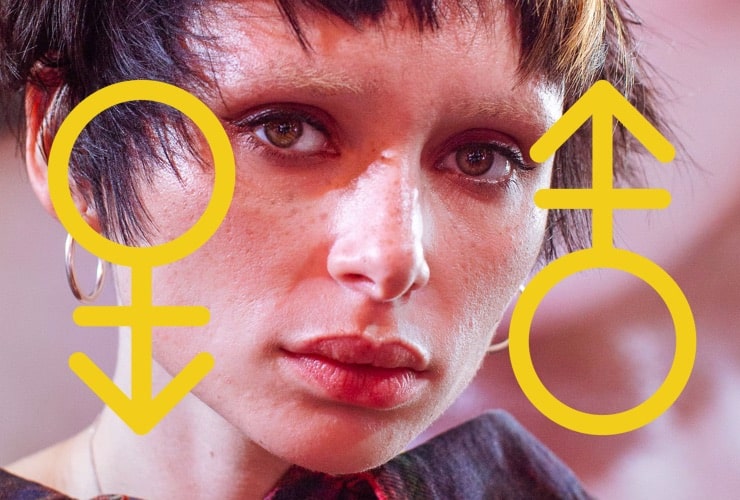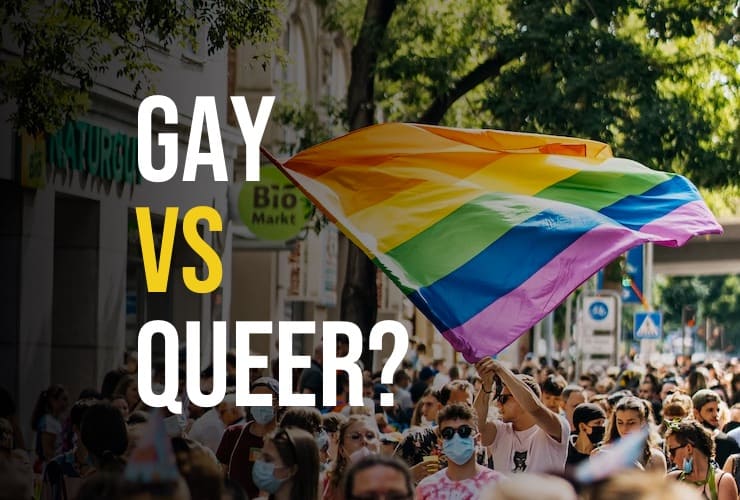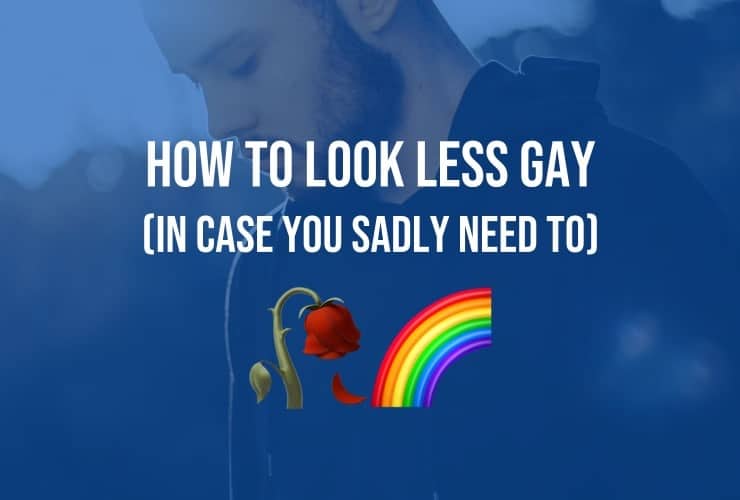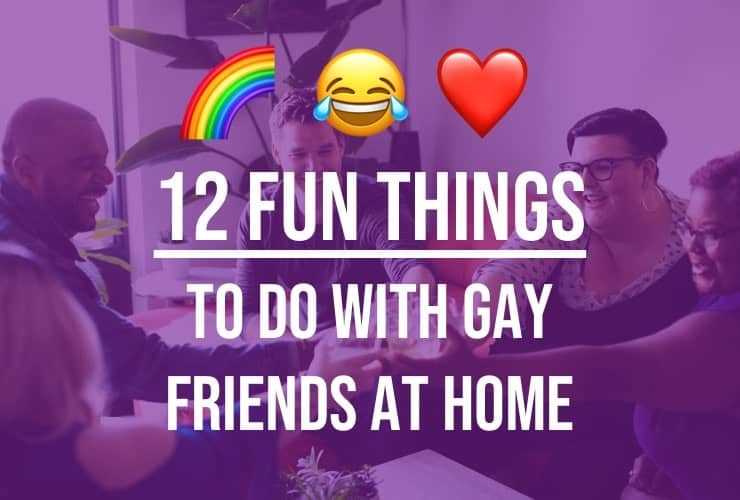There has been a lot of discussion lately about the term “androgynous.” Some people believe that it is offensive, while others feel that it is a perfectly acceptable term. So, what is the truth? Is androgynous an offensive term, or not? In this blog post, we will explore the history of the word androgynous and discuss both sides of the argument. We hope that by doing so, we can help you form your own opinion on the use of this word.
The term androgynous can be offensive to people who do not identify as such, as it has been historically associated with transgender people and homosexuals – groups which have often been marginalized and discriminated against. However, androgyny is seen as a way of breaking down traditional gender roles and celebrating diversity.
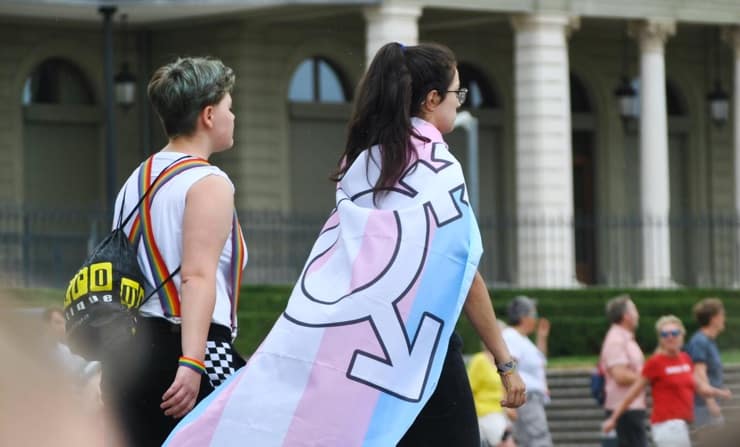
The Meaning of The Word Androgynous
The word “androgynous” has a long and complicated history. The term was first coined by the ancient Greeks, and it was used to describe people who exhibited both male and female characteristics. In fact, the word “androgynous” is derived from two Greek words: “andros” meaning “man” and “gyne” meaning “woman.” In ancient Greece, androgynous people were considered to be extremely rare and special creatures. They were seen as a symbol of perfection and balance, and they were thought to possess magical powers.
However, over time, the meaning of the word “androgynous” began to change. In the 18th century, it started to be used as a derogatory term to describe transgender people and homosexuals. This negative connotation continued into the 20th century, and the word was often used to imply that someone was abnormal or freakish.
Reclamation of The Word Androgynous
In more recent years, there has been a growing movement to reclaim the word “androgynous.” Many people now see it as a term of empowerment and self-identity. Androgyny is no longer seen as a sign of disorder or abnormality; it is now seen as a way of expressing gender fluidity and celebrating diversity.
There are many androgynous famous people who have helped to redefine the term and make it more acceptable. Some of these people include singer David Bowie, actress and model Jenny Shimizu, and designer Tom Ford.
David Bowie was one of the first androgynous celebrities. He was known for his androgynous style and his flamboyant performances. In an interview with Playboy in 1972, Bowie said, “I’m not a genderist, I believe in androgyny.”

Tom Ford, one of the biggest fashion designers, is often praised for his androgynous designs. He has said that he doesn’t see fashion as being about men or women, but about creating beautiful clothes that can be worn by anyone.
A more modern example of an androgynous icon who is helping break down traditional gender roles is Harry Styles. He doesn’t care about what people think and he isn’t afraid to express himself in a way that feels authentic to him. He is a role model for androgynous individuals and he helps to promote diversity and acceptance. He is an inspiration to all and he proves that you can be whoever you want to be, regardless of societal norms and expectations.
The power of reclamation lies in the ability of marginalized groups to take back derogatory terms and redefine them on their own terms. When marginalized groups reclaim words like “queer,” “dyke,” or “fag,” they are asserting their power and reclaiming their identity. However, it is important to remember that not everyone may agree with the reclamation of these terms and it is important to respect their opinions and use language that does not offend or harm them.
Who May Take Offence Being Called Androgynous
There is a possibility that cis identifying people take offence by being called androgynous. This is because androgyny has been historically associated with transgender people and homosexuals, and these groups have often been marginalized and discriminated against. So, when someone calls a cis person androgynous, they may feel that they are being labeled as abnormal or freakish. This can be hurtful and offensive, especially if the person does not identify as androgynous.
For cis men words like androgynous can have the same connotation as the word “girly” and can therefore be seen as a derogatory term. It also might interfere with their view on traditional gender roles of masculinity and femininity. The same applies to cis women. Being called androgynous might have the same connotation to them as being called a “tomboy” or “dyke”.
Breaking Down The Gender Roles
Luckily society is getting more and more open minded about gender roles. This can be seen by the increasing number of androgynous celebrities and public figures. Androgyny is no longer seen as a sign of disorder or abnormality, and it is now seen as a way of expressing gender fluidity and celebrating diversity.
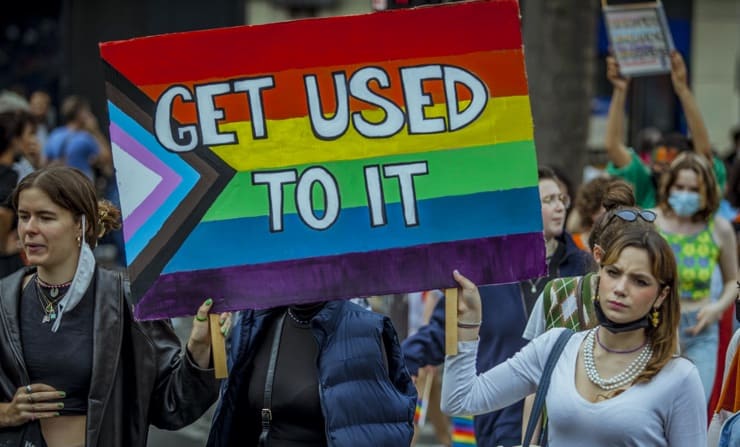
This shift in attitude is due, in part, to the rise of the feminist movement. Feminists have fought for years for women to be seen as equals to men. Androgyny can be seen as a way of breaking down the traditional gender roles that have been imposed by society. It allows people to express themselves in a way that doesn’t conform to the binary view of gender that has been traditionally been enforced.
We are beginning to see a world where people can express their gender however they want, without judgement or stigma. This is a positive step forward for society, and it will help to create a more inclusive and tolerant world.
That being said, it is important to remember that androgyny and breaking down traditional gender roles is a personal choice and not everyone may want or feel comfortable doing so. It is important to respect and accept individuals and their choices, regardless of how they choose to express their gender.
People Who Don’t Mind Being Called Androgynous
There are people who are androgynous and don’t mind being called that. They might have a more androgynous appearance and they might not care about traditional gender roles. They might see androgyny as a way of celebrating diversity and breaking down boundaries. These people are usually confident and open minded, and they don’t let others bother them with their opinions.
There are also those who don’t identify as androgynous, but they still don’t mind being called that. They might not care about traditional gender roles and they aren’t bothered by labels. These individuals might see themselves as unique and different and they embrace it.
How To Embrace Androgyny Yourself
If you want to embrace androgyny yourself, there are a few things you can do. First, you can start by experimenting with your appearance. You can try wearing clothes that are traditionally seen as being for the opposite sex. You can also try growing out your hair or shaving it off. You can also experiment with different makeup looks and hairstyles.
It’s important to remember that androgyny is about breaking down boundaries and expressing yourself in a way that feels authentic to you. So, don’t feel like you have to do everything at once. Take your time and figure out what feels comfortable and authentic for you.

You also might want to explore your identity and what it means to be androgynous. There are plenty of books, articles, and websites that can help you do this. It’s important to remember that androgyny isn’t just about appearances. It’s also about challenging traditional gender roles and thinking Outside The Box when it comes to gender identity.
Lastly, it’s important to be yourself and not worry about what other people think. Don’t let others dictate how you should express your gender identity. Be proud of who you are and don’t be afraid to stand up for yourself and your rights.
Bottom Line
It is ultimately up to the individual whether or not they find the term androgynous offensive. It is important to respect and accept individuals and their choices, and use language that does not offend or harm them. One thing we can all agree on is that diversity should be celebrated and gender roles should continue to be broken down and challenged in a positive and inclusive way.

